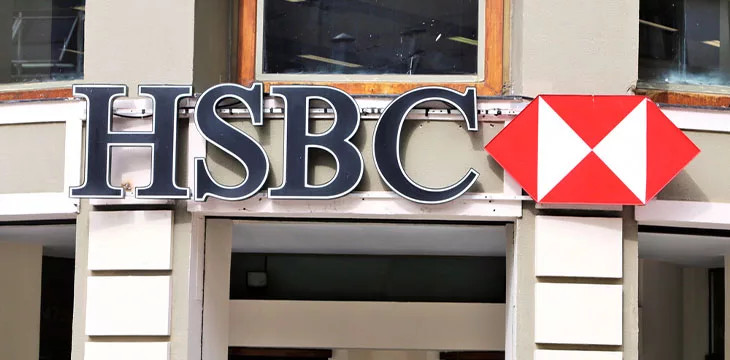Two weeks after the Hong Kong Monetary Authority (HKMA) issued the second iteration of its green digital bonds, the Bank of East Asia and HSBC uncovered a new use case for the offering in repurchase (repo) transaction.
The new use case involves using digital bonds as collateral for repo transactions between financial institutions. While instances of using digital bonds as collateral are sparse, HSBC and the Bank of East Asia found relative success in their pioneering attempt at a repo agreement.
A repo allows one financial institution to sell securities to another entity under a deal to reacquire the securities at a slightly higher price. Typically, the duration of a repo is 48 hours and is used as a short-term borrowing strategy by security dealers.
As an active participant in the HKMA’s digital bond issuance, HSBC appears to be the short-term borrower, with both parties meeting their needs for funding and liquidity.
In early February, the HKMA announced the issuance of its second round of green digital bonds worth nearly $800 million. Operating as a four-currency green bond, the offering relies on HSBC Orion’s blockchain solution with Hong Kong’s Central Moneymarkets Unit (CMU) deployed as a central securities depository (CSD).
Since the first digital bond issuance in early 2023, interest in the offering has reached high levels, accentuated by healthy secondary trading metrics and the influx of new classes of investors.
“The four digital bonds – recently issued by the Hong Kong government on HSBC Orion as part of the CMU’s infrastructure – have seen unprecedented investor demand, secondary trading, and now repo trading,” said HSBC Global Head of Digital Asset Strategy John O’Neill.
In its report, the HKMA pointed out several benefits of using blockchain for bond issuances, citing efficiency and cost-saving benefits while pledging to advance interoperability between blockchains.
“It also showed the potential in DLT to enhance efficiency, liquidity, and transparency in bond markets,” HKMA CEO Eddie Yue said in September.
Digital bonds are not without risks
Meanwhile, experts have identified several risks associated with digital bonds, including
cyberattacks and a lack of public trust.
An International Capital Market Association (ICMA) report highlights the challenges of low adoption levels and “the grim prospects of a regulatory U-turn” in certain jurisdictions. Other risks plaguing digital bonds include unintended forks of the blockchain and technological immutability associated with blockchain.
“Blockchain technology is subject to a rapidly evolving regulatory landscape (including tax treatment), which might affect the security, privacy, the ability to buy or sell bonds issued using DLT or other regulatory aspects of DLT transactions,” read a report from the ICMA.
 coingeek.com
coingeek.com
